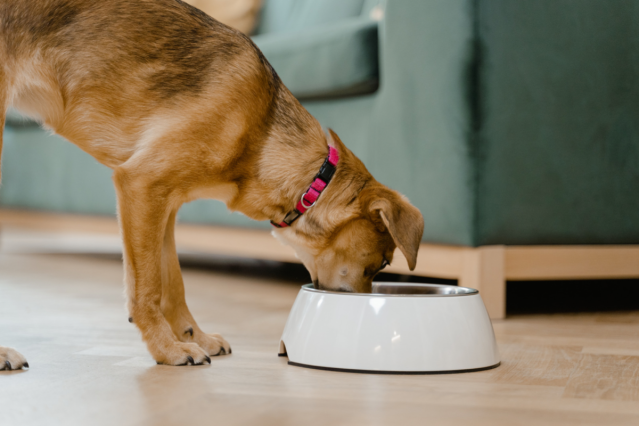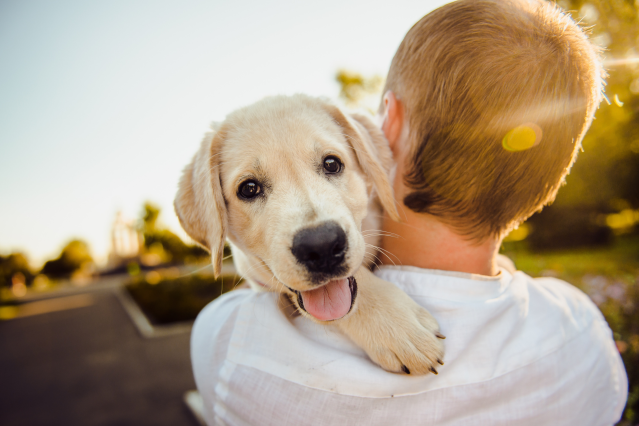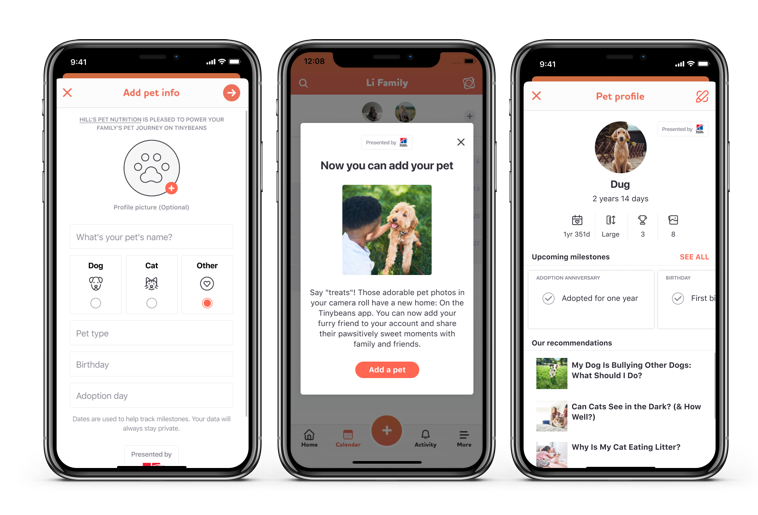If you’re a pet owner, odds are your Google search has a history of “Can dogs eat this” or “what happens if your cat eats that”. To help clear up any confusion around what your furry friend can eat and get advice on the best nutrition for your pet, we’ve teamed up with Hill’s Pet Nutrition and veterinarian Dr. Kristin Wuellner—an expert on what should be going into your pet’s body and what to do if they happen to get into something else! Keep reading to see Dr. Wuellner’s answers to our user-submitted questions:
Every pet parent has a long list of questions about their furball, including how to keep them happy and healthy! Hill’s provides science-backed nutrition to help your best friend be their best self. See how Hill’s science-backed nutrition can give your best friend their best life.














